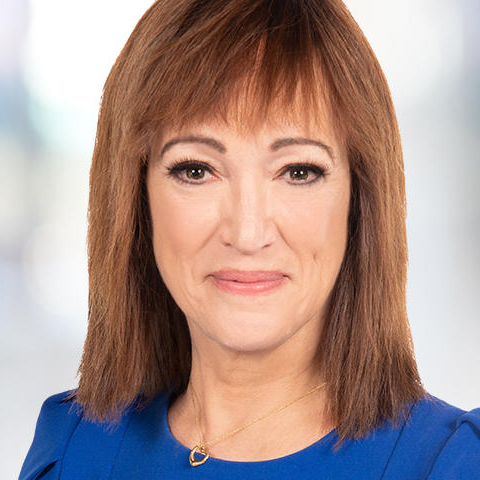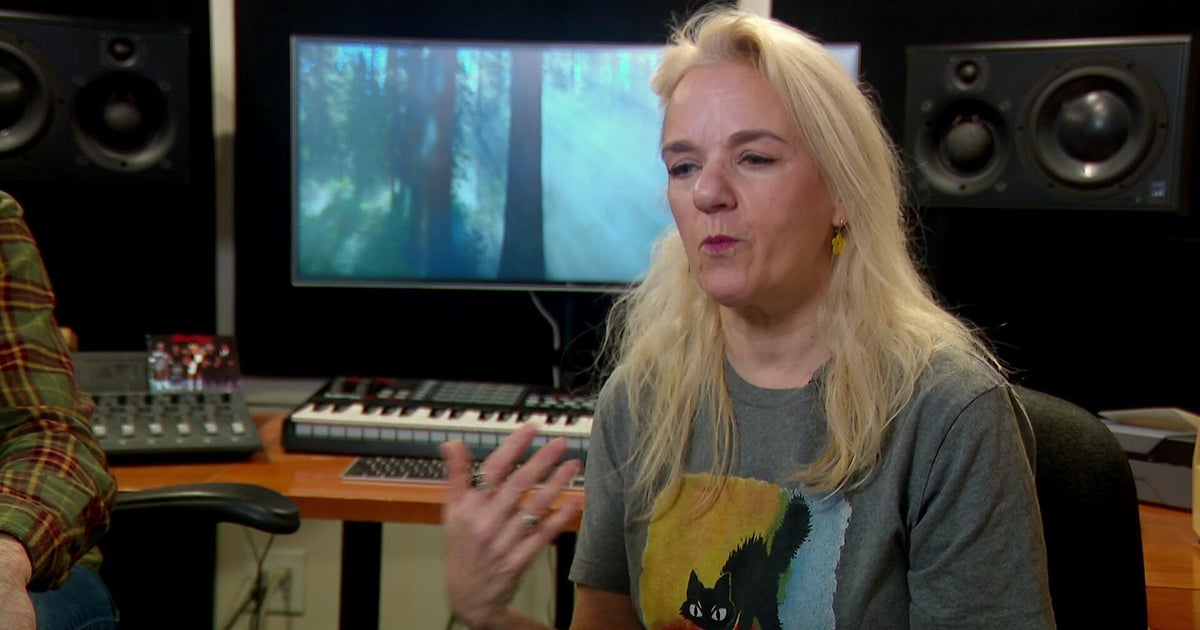Federal Reserve set to raise interest rates to slow inflation
MINNEAPOLIS -- You don't have to be told about how bad inflation is -- you see it for yourself every day.
Take gasoline: it's $4.75 a gallon in Minnesota and the current national average is $5.01.
In an effort to rein in inflation, the Federal Reserve later this week is expected to meet and raise interest rates. But as Esme Murphy tells us in this edition of Talking Points, raising interest rates is a painful remedy for consumers.
It's a gut check at the pump and the grocery store, but even those little luxuries we allow ourselves are also suddenly not so little anymore.
According to Nerdwallet, eating out costs 7% more than it did last year, and tickets for movies, theaters and concerts are up nearly 6%.
Inflation hasn't been this bad in 40 years. One of the only possible remedies is a painful one: raising interest rates. And the Federal Reserve is considering raising interest rate again later this week.
Right now the prime rate among major U.S. banks is at 4%. Raising interest rates obviously makes borrowing money more expensive and that leads to people spending less, which in turn creates less demand and, in theory, lower prices.
But back in the 1980s, the last time inflation was this bad, interest rates were pushed much much, much higher. In 1981, the 30-year mortgage interest rate was as high as 18.45%. And that contributed to a recession. Could that all happen again?
George John, a marketing professor at the University of Minnesota's Carlson School of Management, was a guest on WCCO Sunday Morning.
"Everybody says the Fed's trying to thread the needle, but when I look at the consumer data, 70% of our GDP is consumer spending, and consumers are about as gloomy as they've ever, ever been," John said. "So that tells me consumer spending is not going to continue, and that's when you get a recession."
The Federal Reserve meeting is scheduled for this week. The Fed is expected to raise interest rates by half a point, although some experts are pushing for a slightly higher increase. Again. the goal would be to slow down demand and inflation.
You can watch WCCO Sunday Morning every Sunday at 6, 7 and 10:30 a.m.








